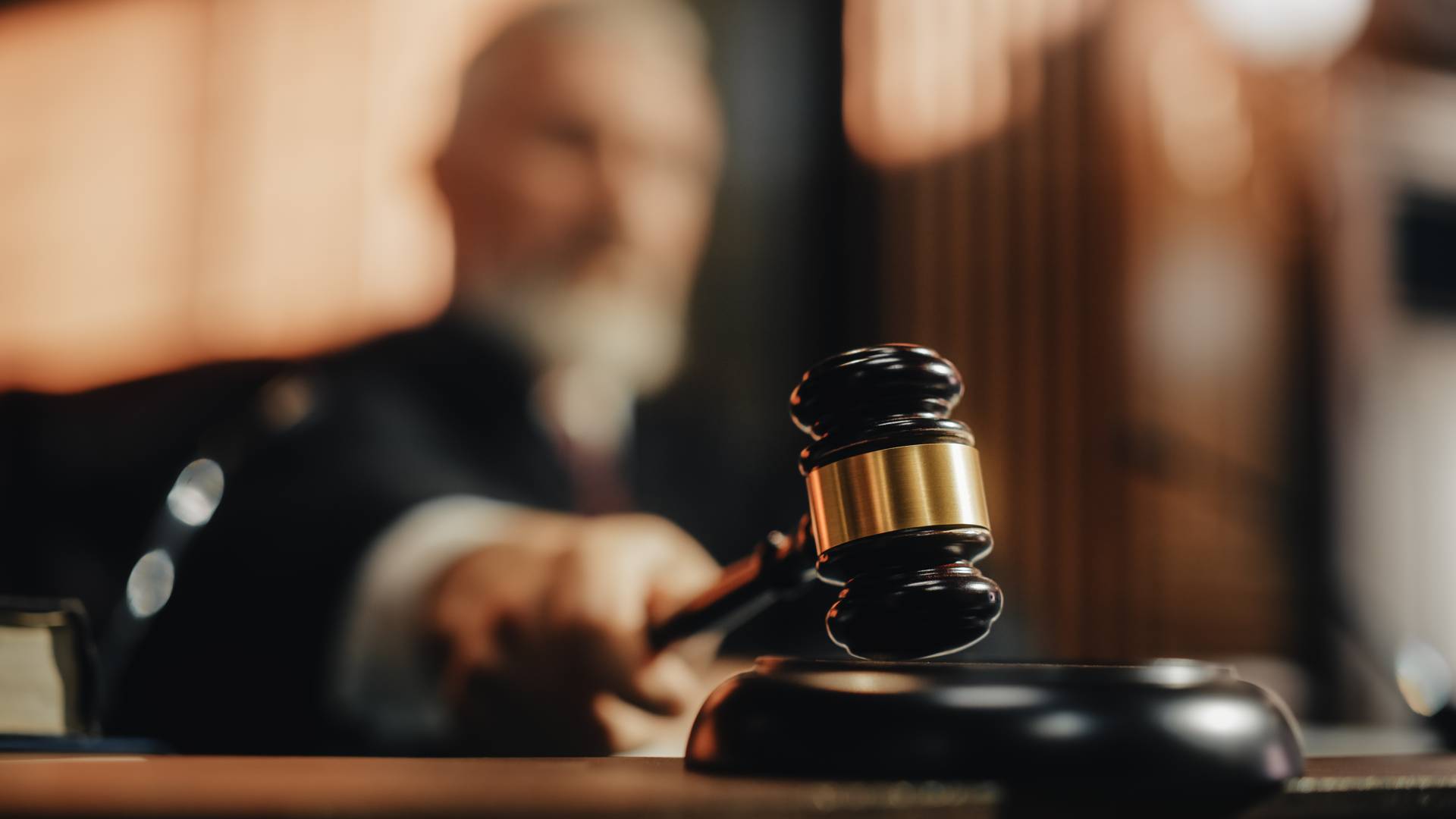The collateral consequences of a criminal conviction are well-documented. They prove that convictions mean far more than jail time and fines. They can limit people’s access to good jobs, housing, government benefits and voting rights. These effects can last a lifetime.
Even those who don’t get convicted can suffer from carrying a criminal record. You don’t have to be guilty to get arrested. Anyone can end up in the wrong spot and at the wrong time. From that point forward, your arrest can weigh you down, like an anchor chained about your neck.
Accordingly, it’s good to understand there are ways to prevent others from accessing your criminal record.
Expunctions Versus Nondisclosure Orders
In Texas, there are two primary ways to limit public access to a criminal record. Depending on the circumstances, you may pursue an expunction or a nondisclosure order.
- An expunction leads to the complete destruction of your criminal record. It is removed, destroyed, wiped clean. After the expunction, you can legally deny the expunged arrest. The only exception is if you must testify under oath about your expunged arrest. In that case, you simply say you had the records expunged.
- A nondisclosure order seals your criminal records. They aren’t destroyed, but they are no longer available to the public. However, law enforcement and government agencies can still hold, access and use the information.
As you can see, expunctions are more powerful than nondisclosure orders. They do more work for those who qualify, completely destroying a criminal record, rather than just covering it up.
Who Qualifies For Expunctions?
Texas law includes some very strict and complicated rules for expunction. Among other things, these rules make it clear that not everyone can qualify. To qualify, people must meet one of several different standards:
- Never charged with a crime after their arrest
- Had their charges dismissed
- Record contains an arrest, charge or conviction due to identity theft
- Convicted of a crime that was later acquitted after an appeal
- Completed a Pretrial Intervention Program
- The prosecutor recommends the expunction
Even in these cases, you still need to apply for the expunction and win it. That means filing the legal forms correctly and attending a court hearing. Depending on the circumstances, the hearing can be like a mini-trial. Government officials may choose to argue against the expunction, so you need to be ready to present your case clearly and effectively.
If you present your case successfully at the hearing, you will receive an Order for Expunction. After you have a judge sign this order, you will submit it to all the appropriate agencies. They will then destroy all records of the expunged offenses.
How Can An Attorney Help?
Expunctions can prove quite valuable to those who qualify, and the whole process usually takes only three to four months.
However, many people struggle to navigate the complicated rules and procedures. An experienced attorney can help you understand whether you qualify and can guide you through the process. This means both filing the paperwork and preparing for your hearing.
Juan Pablo Garcia is the attorney responsible for this ad. Primary Practice Location: Uvalde, Texas.

